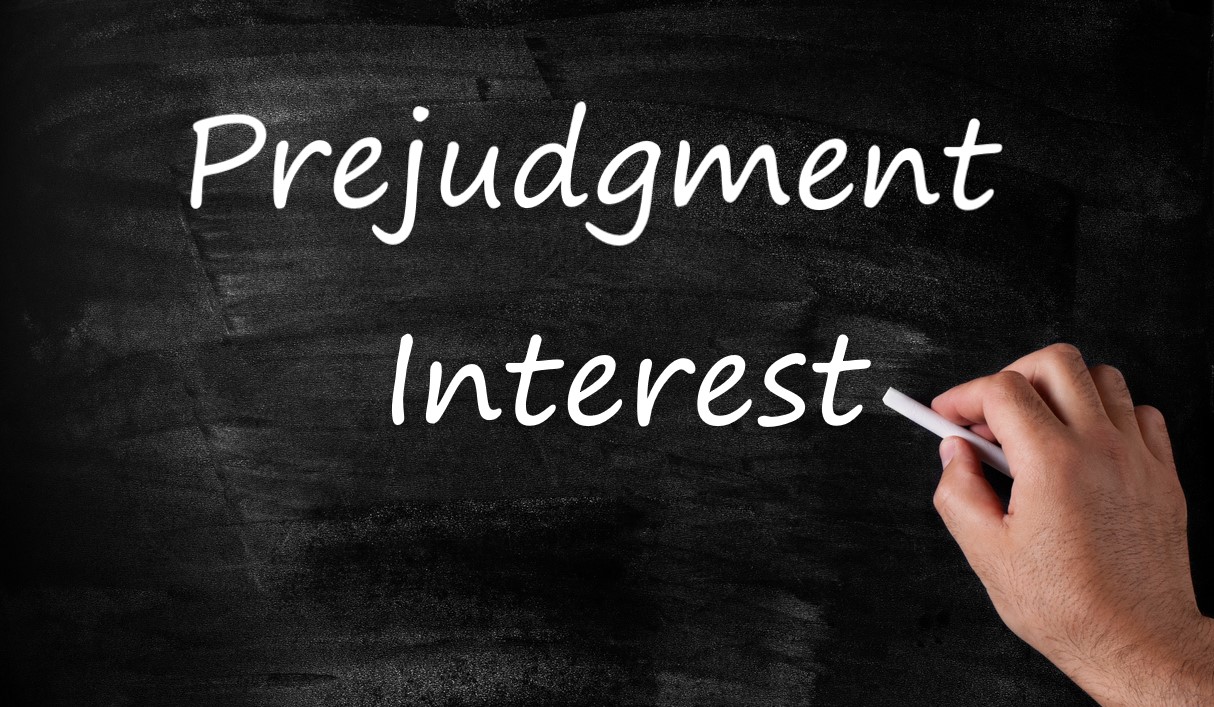An insurance policy is not obtained for individual economic advantage. Rather, it is to protect against catastrophic risks. With it are certain obligations and duties imposed on the insurers in handling claims. In New York, insurers that unreasonably delay claims, and fail and refuse to handle the claims according to the contract of insurance and law can open the door to damages beyond the loss. It is important for super-storm Sandy victims to be aware that if their insurers fail to investigate and pay their claim in a timely manner, they can recover for increased damage to the insured property, necessary code upgrades, attorney’s fees and other damages that are foreseeable from bad faith delay.
New York courts recognize “consequential damages resulting from a breach of the covenant of good faith and fair dealing may be asserted in an insurance contract context, so long as the damages were within the contemplation of the parties”1
What those technical legal terms cited above mean is simple. Insurance contracts, like all contracts, have certain implied and understood promises. In the insurance context, it means that policyholders understand their insurers promise to investigate in good faith and pay covered claims. The purpose of insurance contracts is not just to receive money, but to receive it promptly so that policyholders can get back on their feet as soon as possible in the aftermath of a catastrophic event. The New York cases following this view recognize insurance contracts include an additional performance-based component: the insurer agreed to evaluate a claim, and to do so honestly, adequately, and—most importantly—promptly. “When an insured in such a situation suffers additional damages as a result of an insurer’s excessive delay or improper denial, the insurance company should stand liable for these damages. This is not to punish the insurer, but to give the insured its bargained-for benefit.”2
These potential consequential damages are not recognized as punitive damages. Rather they are understood to involve damages that are foreseeable from the insurer’s conduct in handling the claim and missing the mark in the bargained for exchange between the parties. The following cases indicate what promises and expectations are involved in insurance contracts:
An insured may also bargain for the peace of mind, or comfort, of knowing that it will be protected in the event of a catastrophe ( see e.g. Beck v. Farmers Ins. Exch., 701 P.2d 795, 802 [Utah 1985] [“(I)t is axiomatic that insurance frequently is purchased not only to provide funds in case of loss, but to provide peace of mind for the insured or his beneficiaries”]; Best Place, Inc. v. Penn Am. Ins. Co., 82 Hawai‘i 120, 128, 920 P.2d 334, 342 [1996], [“An insurance policy is not obtained for commercial advantage; it is obtained as protection against calamity”]; Andrew Jackson Life Ins. Co. v. Williams, 566 So. 2d 1172, 1179 n. 9 [Miss. 1990] [“(A)n insured bargains for more than mere eventual monetary proceeds of a policy; insureds bargain for such intangibles as risk aversion, peace of mind, and certain and prompt payment of the policy proceeds upon submission of a valid claim”]; Ainsworth v. Combined Ins. Co. of Am., 104 Nev. 587, 592, 763 P.2d 673, 676 [1988] [“A consumer buys insurance for security, protection, and peace of mind”] ).
This Holiday season, New York policyholders affected by super-storm Sandy should find peace of mind in knowing courts recognize the promises involved in insurance contracts and the responsibilities insurers assume in that context.
Have a Happy Holiday and a Happy and Healthy New Year!
1 Gauthier v. Countryway Ins. Co., 2012 NY Slip Op 07240 (November 1, 2012) quoting Panasia Estates, Inc. v. Hudson Ins. Co., 10 NY3d 200, 203 (2008).
2 Bi-Economy Mkt., Inc. v. Harleysville Ins. Co. of N.Y., 10 N.Y. 3d 187 (2008).



